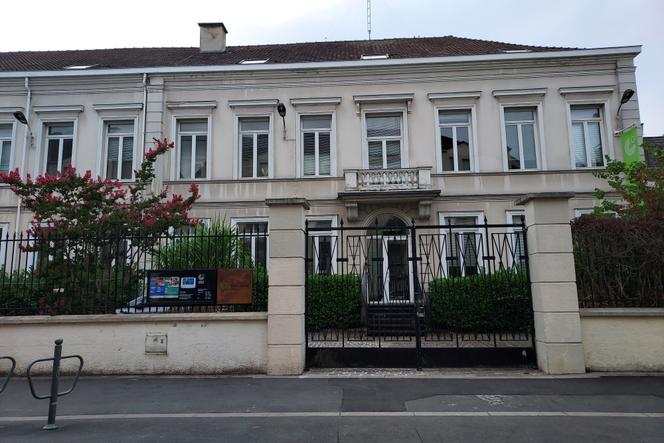

LETTER FROM BERLIN

There's never a good time for bad news. In the midst of the 60th anniversary celebrations of the Elysée Treaty, and with the French and German governments due to meet for a seminar in Hamburg on October 9 and 10, the Goethe-Institut could hardly have chosen worse timing: On Wednesday, September 27, it announced the closure of two of its five French sites – those in Bordeaux and Lille – by the end of the year. Its liaison office in Strasbourg is also to close.
France is not the only country to bear the brunt of the restructuring efforts of German cultural diplomacy's flagship institute, which counts today 158 branches in 98 countries. Italy has been hard hit as well, with the scheduled closure of the Genoa, Trieste, and Turin sites. In the rest of the world, four other cities will also lose their institutes: Rotterdam (Netherlands), Curitiba (Brazil), Osaka (Japan), and Washington (US). In total, 110 positions are to be eliminated worldwide. The goal is to save €24 million a year within a context of tighter budgetary constraints: While the German Foreign Office's budget for the Goethe-Institut was €239 million in 2023, a 3.3% reduction has been planned for 2024.
French President Emmanuel Macron lamented the decision. "It's in line with Germany's domestic reality, but it's a signal that's not very welcome at the moment," said the Elysée. Across the Rhine, Saarland Minister-President Anke Rehlinger, who has held the post of Federal Republic plenipotentiary for French-German cultural relations since January, reacted in the same vein. "We need more cooperation, not less. As a Saarlander, I know what budgetary constraints are, but the closure of Goethe institutes in France sends the wrong signal," she told the Saarbrücker Zeitung newspaper.
On the French side, the plan presented on September 27 is all the more difficult to understand as it has appeared to contradict France and Germany's stated wish to "foster ever closer ties in the field of cultural expression" and to "develop mutual learning of each other's language," as stipulated in Articles 9 and 10 of the Treaty of Aachen, signed in 2019 by Macron and the then German chancellor, Angela Merkel. These commitments were reaffirmed in a joint declaration issued at the close of the Franco-German Ministerial Council meeting held on January 22, 2023, on the 60th anniversary of the Elysée Treaty.
"How can we proclaim the vital importance of culture and language in French-German cooperation on the one hand while on the other we're closing Goethe institutes? It's totally incoherent," said general secretary of the Franco-German youth office Anne Tallineau with chagrin. "At a time when exchanges between young people in the two countries have been growing steadily since the Covid-19 pandemic, it's a great shame to close those places where contacts between our two societies are being made in person on a daily basis."
You have 54.57% of this article left to read. The rest is for subscribers only.
